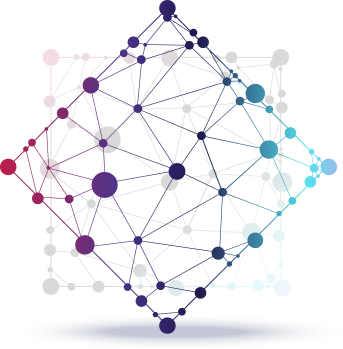
The Potential of Stem Cell Therapy: A New Era in Medicine
Stem cell therapy has emerged as one of the most exciting and rapidly evolving fields in modern medicine. Known for their remarkable ability to develop into different cell types in the body, stem cells hold immense potential in treating a myriad of diseases and conditions that currently have limited treatment options. But what exactly does stem cell therapy entail, and how is it shaping the future of healthcare? This article delves into the world of stem cells, their applications, and the groundbreaking research that holds promise for transforming medicine as we know it.
Understanding Stem Cells
Stem cells are unique in that they possess the ability to develop into various cell types, ranging from muscle cells to brain cells. They serve as a sort of internal repair system, dividing essentially without limit to replenish other cells as long as the person or animal is alive. Different types of stem cells come from different places in the body or are developed in different ways. Among them, embryonic stem cells and adult stem cells are the most understood and utilized in research and therapy.
Applications of Stem Cell Therapy
The scope of stem cell therapy is vast, thanks to the versatility and regenerative capacity of stem cells. Here are some exemplary applications of stem cell therapy:
- Neurological Disorders: Conditions such as Parkinson’s Disease, Alzheimer’s, and spinal cord injuries are being targeted by researchers aiming to use stem cells to repair and replace damaged nerve cells.
- Cardiovascular Diseases: Heart disease remains one of the leading causes of mortality worldwide. Stem cells are being researched for their potential to replace damaged heart tissue and improve heart function following heart attacks.
- Diabetes: The ability to generate insulin-producing cells from stem cells presents promising treatment avenues for Type 1 Diabetes, potentially replacing damaged pancreatic cells.
- Organ and Tissue Regeneration: From regenerating skin for burn victims to developing laboratory-grown organs for transplantation, stem cell therapy is paving the way for significant medical advancements.
- Autism Spectrum Disorders: Investigating how stem cells can be utilized to address the neurological aspects of autism is a cutting-edge frontier in research, with potential to improve neurodevelopmental outcomes.
The Science Behind Stem Cells
The core of stem cell research lies in understanding the mechanisms by which these cells proliferate and differentiate. Scientists are working to harness these processes, utilizing various methods including cell cultures, genetic modification, and tissue engineering. Crucially, research aims to ensure that once the stem cells are injected into a patient, they will communicate with the patient’s existing tissues in a safe and predictable manner.
Challenges and Ethical Considerations
Despite the potential of stem cell therapy, its integration into routine clinical practice is fraught with challenges. Technical hurdles include ensuring consistent results and integrating complex biological processes safely within diverse human systems. Additionally, ethical concerns, particularly with embryonic stem cells, pose significant debate. Policymakers, ethicists, and scientists work continuously to address these issues, striving for a balance between scientific advancement and ethical responsibility.
Future Directions
The future of stem cell therapy is incredibly promising. As technology advances, the precision and safety of using stem cells in various therapies are expected to improve. New methodologies for cell reprogramming and genetic editing (such as CRISPR) are opening doors to unprecedented possibilities, enabling more targeted and effective treatments for a wider range of conditions.
Conclusion
In conclusion, the transformative potential of stem cell therapy cannot be overstated. While significant challenges remain, the progress made thus far is a testament to human ingenuity and the relentless quest for knowledge. As more clinical trials are conducted and our understanding deepens, stem cell therapy may truly revolutionize how we approach the treatment of numerous diseases, offering hope to millions worldwide.



